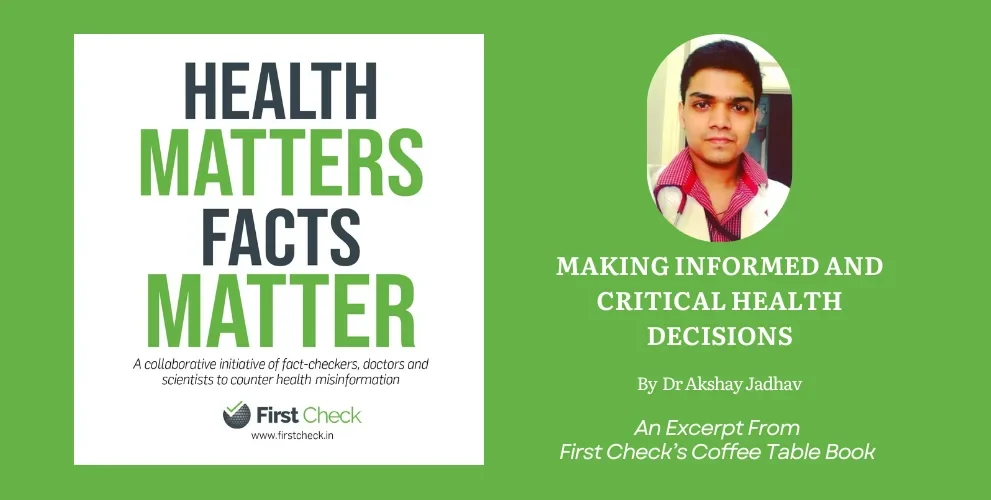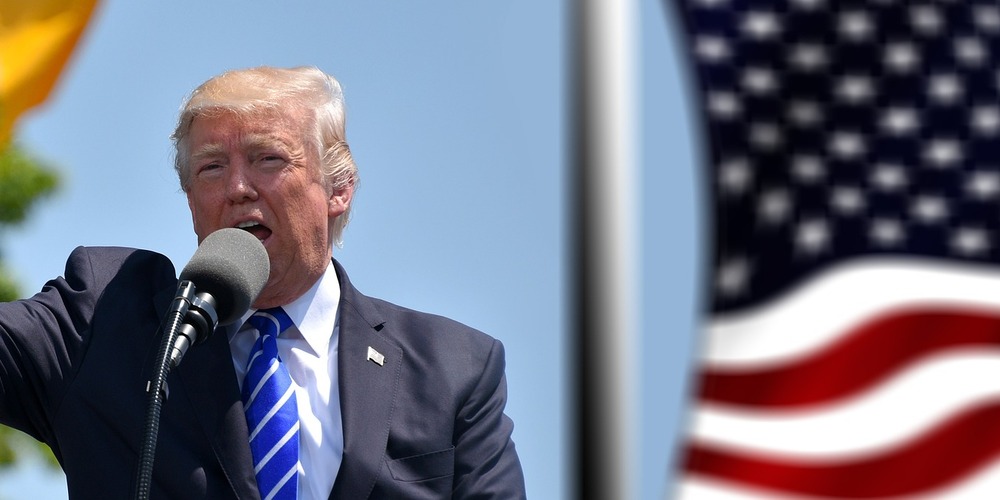Making Informed and Critical Health Decisions – An Excerpt From First Check’s Coffee Table Book
Author
Author
- admin / 2 years

- 0
- 2 min read

Author
Combatting health misinformation requires critical consumption of information, utilisation of reliable sources, seeking diverse perspectives and consulting healthcare professionals.
“Anecdotal evidence masquerades as scientific proof, emotional appeals bypass critical thinking, and cherry-picked data paints a warped picture of reality.”
Health misinformation, as I see it, is a tangled web of false or misleading information about health topics, presented as fact. It can range from inaccurate claims about miracle cures to distorted views on vaccines and public health measures. Unlike harmless misunderstandings, health misinformation thrives on the potential to harm individuals and communities by swaying health decisions and eroding trust in legitimate sources.
This web is spun from various threads. Anecdotal evidence masquerades as scientific proof, emotional appeals bypass critical thinking, and cherry-picked data paints a warped picture of reality. Social media algorithms, designed to keep us engaged, often amplify these narratives, creating echo chambers where misinformation festers unchecked.
The consequences of this web are far-reaching. Delayed diagnoses, ineffective treatments, and vaccine hesitancy are just some of the potential harms. The COVID-19 pandemic starkly highlighted the dangers, with misinformation fuelling vaccine resistance and undermining public health efforts.
So, how can we untangle this web and protect ourselves? First, become a critical consumer of information. Check the source: Is it a reputable organisation with expertise in the field? Look for evidence: Does the information cite credible sources like scientific studies? It’s prudent to be wary of emotional appeals and sensationalised headlines.
Second, utilise resources like fact-checking websites (such as First Check) and reliable news outlets. Share fact-checked information responsibly, without amplifying the misinformation itself.
Third, seek diverse perspectives, even if you disagree with them. Don’t rely solely on social media feeds. Consult with healthcare professionals before making any health decisions.
And finally, advocate for change. It’s important to hold social media platforms accountable for content moderation. We need to support educational initiatives that promote critical thinking skills.
Remember, tackling health misinformation is a collective effort. By being informed, discerning, and actively seeking reliable information, we can all contribute to unravelling this web and building a healthier online space for everyone.
This is an excerpt from First Check’s Coffee Table Book, you can read the full Coffee Table Book here.
Dr Akshay Jadhav is a Paediatrician & clinical director, at RTWO Healthcare Solutions, India and is a member of the First Check team of Experts.









